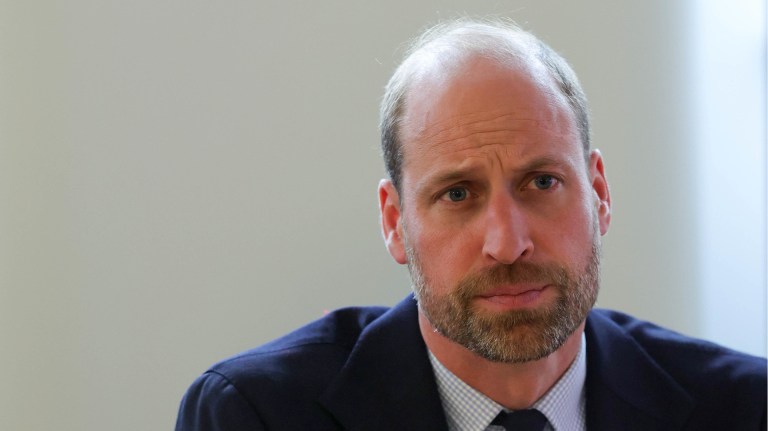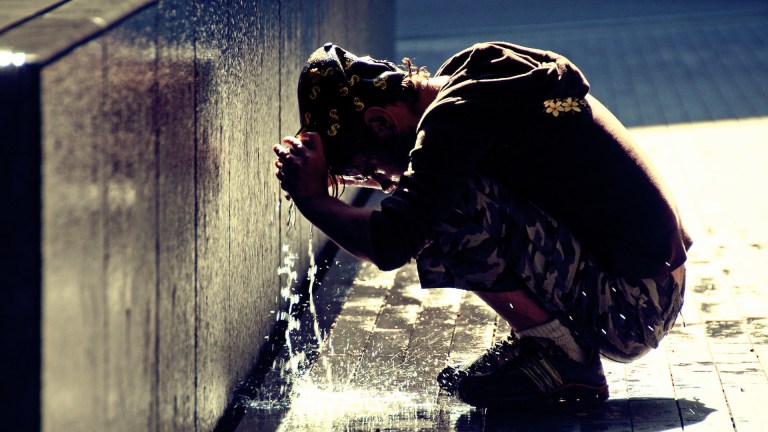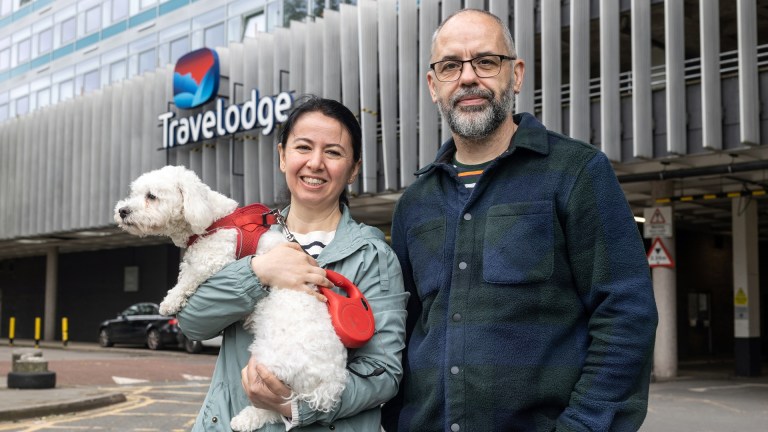Cooper also accused the government of “back-tracking” on its promise to protect leaseholders in the wake of the Grenfell fire.
“The government has turned its back on blameless fire safety victims at every turn, leaving innocent people at personal risk and in financial ruin, burdening them with sky-high bills and unsafe, unsellable properties. An inquiry is now needed to investigate why the Conservative government has made so little progress in tackling the fire safety scandal and why it keeps putting the interests of the big developers ahead of innocent fire safety victims.”
Introducing the bill in a 10-minute speech in the House of Commons on Tuesday, Cooper said the bill would aim to investigate how the government has handled the £5.1bn Building Safety Fund to cover the removal of cladding and the “gaping hole” between government promises and actions on the issue.
The bill will receive a second reading on September 10.
The Ministry for Housing, Communities and Local Government told The Big Issue: “With the Fire Safety Bill and Building Safety Bill we are bringing forward the biggest improvements to building safety in 40 years, including introducing a new Regulator that will improve standards of those working in the industry, and allow stronger enforcement and sanctions for those who fall short.
Advertising helps fund Big Issue’s mission to end poverty
“Our priority is making sure residents are safe by removing dangerous cladding from the highest risk buildings as quickly as possible, backed by over £5 billion of government funding.”
The government-backed Building Safety Bill is likely to have an easier time than Cooper’s bill in clearing the Commons.
But the building safety crisis has already proven controversial in Westminster. Fire Safety Act’s passage through both houses at the end of the last parliamentary session divided peers and MPs before passing into law at the 11th hour in April.
The Building Safety Bill was then introduced in the Queen’s Speech based on recommendations on Dame Judith Hackitt’s 2018 report into building safety before being published on Monday.
Minister for building and fire safety Lord Greenhalgh said: “Though the overall risk of fire across all buildings remains low, we can’t be complacent – the more robust regime will take a proportionate and risk-based approach to remediation and other safety risks.
“And by increasing our measures of enforcement, we will make sure industry follows the rules – and is held to account when it doesn’t.”
Advertising helps fund Big Issue’s mission to end poverty
A public inquiry into the Grenfell Tower fire, which killed 72 people in 2017 and injured 70 others, is ongoing but survivors and bereaved families from the Grenfell disaster told The Big Issue the Building Safety Bill does little to prevent a repeat of the tragedy
Grenfell United warned plans to allow retrospective legal action going back 15 years from 2025 will exclude leaseholders whose buildings were approved before 2010 while the bill also does not protect residents from “lengthy and costly legal battles” against developers.
“The government had promised that amendments designed to protect leaseholders from cladding and building safety costs would be best placed in this Building Safety Bill – but those protections are nowhere to be seen,” said a joint-statement from Grenfell United.
“This is another of the government’s broken promises, and the measures that made it into the bill are absolutely nowhere near enough.
“This is not about achieving equality and safety for all affected as many will be excluded. This bill is in fact a massive blow.
“This bill appears to have been a convenient way for ministers to – yet again – delay doing anything that might actually make people’s homes safer to prevent another Grenfell from happening again.”
Advertising helps fund Big Issue’s mission to end poverty










